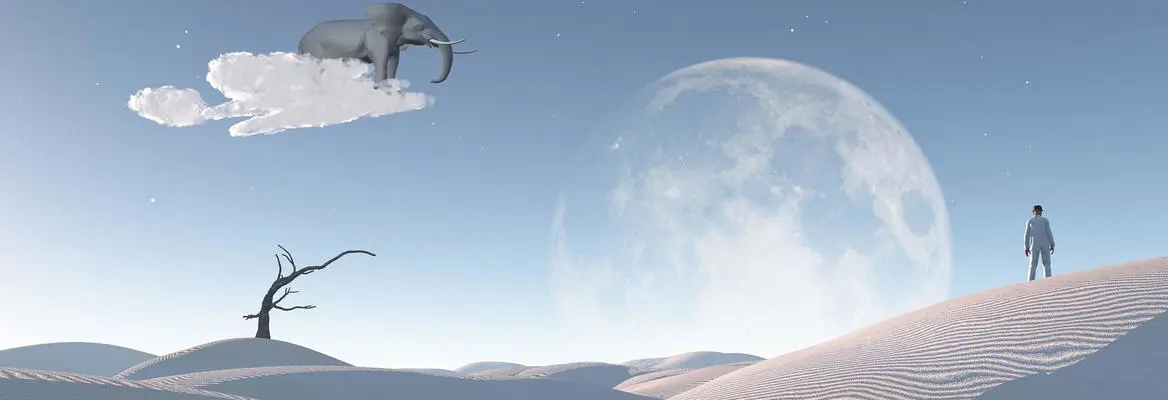Albert Camus faced the absurdity of an irrational world by forging his own meaning in his personal passions. If we're to survive the absence of universal meaning, we must do the same.
The universe doesn’t give a shit about you. It lives by a basic, merciless rule: things must change. And there’s nothing you can do about it.
The atoms that make up your body and consciousness won’t stick around for long. They want to leave and join something else—a blade of grass, a plastic coke bottle, an aardvark. It doesn’t matter. There’s no rhyme or reason to it. Atoms just want to flit around, and the fact that you need them to stay alive is inconsequential. You can fall on your knees, clasp your hands together and beg for salvation, but it won’t make any difference. The universe doesn’t care—things must change.
When Albert Camus suggested that suicide was the only serious philosophical question, he was asking the same thing. Is it worth struggling through a life that ends in annihilation?
I first learned about death from The Land Before Time, a classic kids movie from the 80s about five plucky young dinosaurs trying to survive. As Littlefoot’s brontosaurus mother lays dying after a battle with the formidable Sharptooth, and it becomes clear that she can no longer be with him, the realisation hit me: dinosaurs aren’t permanent. At some point, they cease to exist. Then I realised that other animals cease to exist. Then humans. Then myself.
As I grew older, this line of thinking led me to a quintessential philosophical question: if I’m going to die, what’s the point of all this? If I’m destined for the incinerator, why bust my arse earning money that I don’t get to keep? Or spend years poring over books for knowledge that will go up in smoke?
When Albert Camus suggested that suicide was the only serious philosophical question, he was asking the same thing. Is it worth struggling through a life that ends in annihilation? Or should we just kill ourselves, and skip the pain? Our lives must mean something, but when we ask the universe to provide a reason, it crushes our request with its indifference. Why would we expect anything more? There’s no reason for its own existence.
When it becomes clear that our demand for meaning cannot be answered, and that we’re spending our lives shouting into an unassailable sky, we’re left with a dizzying sense of absurdity. We want answers, but the world cannot give them. Camus expresses the idea with typical poetic grace:
“This world in itself is not reasonable, that is all that can be said. But what is absurd is the confrontation of this irrational and wild longing for clarity whose call echoes in the human heart.”
—Albert Camus, The Myth of Sisyphus
Demanding meaning from the universe is bashing our heads against a wall; rolling a rock up a hill for eternity. It’s creating a supercomputer to answer the Ultimate Question of Life, the Universe, and Everything, waiting for 7.5 million years, and receiving the answer 42. For Albert Camus, meaning isn’t an obscure concept floating in the ether, ready to be snatched with a space net and bottled like some B.F.G dream. We don’t need to look to the world for ultimate answers. We can find it within ourselves.




















Join the conversation